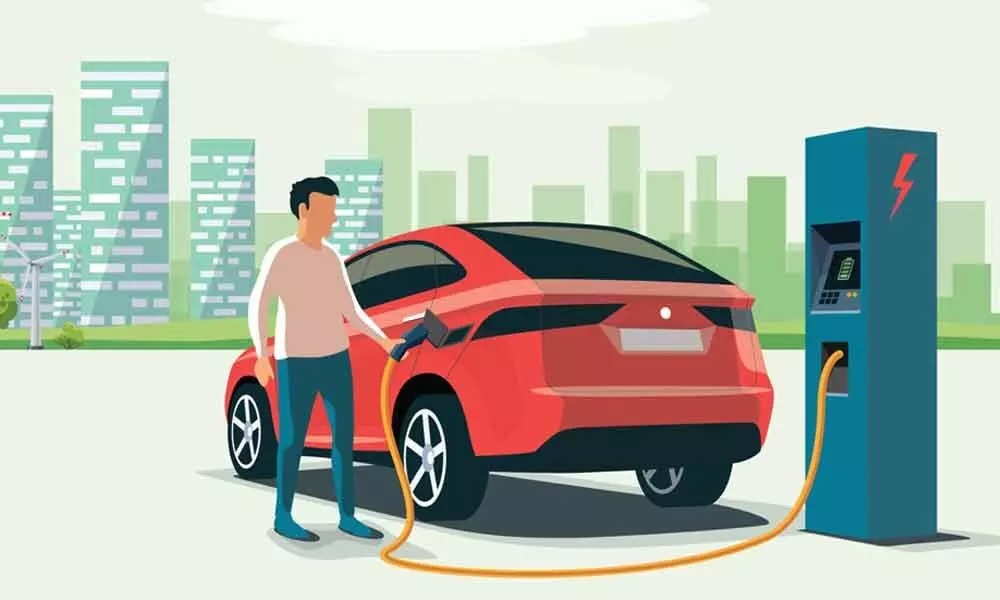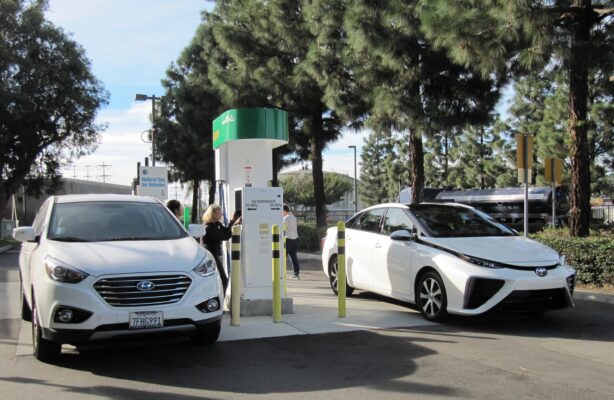Hydrogen Fuel Cell Vehicles: An Alternative to Electric?

Electric vehicles have been touted as the future of transportation, but there is another alternative that is gaining traction in the taxi industry: hydrogen fuel cell vehicles. While electric vehicles rely on batteries to store energy, fuel cell vehicles use hydrogen gas and oxygen to generate electricity, which powers an electric motor to propel the vehicle, offering a clean and efficient solution for taxi services. As more operators look for sustainable options, taxi York providers are beginning to explore hydrogen-powered fleets as an alternative to traditional diesel vehicles. This innovation could revolutionise the York taxi sector by delivering faster refuelling times and longer ranges, making them ideal for busy taxi drivers who need reliability and efficiency.
Advantages of Hydrogen Fuel Cell Vehicles
- Zero Emissions: Hydrogen fuel cell vehicles emit only water vapor, making them a clean alternative to gasoline-powered vehicles.
- Longer Range: Hydrogen fuel cell vehicles can travel up to 300 miles on a single tank of hydrogen, which is significantly more than most electric vehicles can travel on a single charge.
- Quick Refueling: Refueling a hydrogen fuel cell vehicle takes only a few minutes, compared to the hours it can take to fully charge an electric vehicle.
Challenges of Hydrogen Fuel Cell Vehicles

Despite the advantages of hydrogen fuel cell vehicles, there are some challenges that need to be addressed:
- Infrastructure: There are currently only a few dozen hydrogen fueling stations in the United States, making it difficult for drivers to refuel their vehicles.
- Cost: Hydrogen fuel cell vehicles are currently more expensive than electric vehicles, which can make them less accessible to the average consumer.
- Production: Hydrogen gas is primarily produced from natural gas, which is a non-renewable resource. However, there are efforts underway to produce hydrogen from renewable sources such as wind and solar power.
The Future of Hydrogen Fuel Cell Vehicles
Despite the challenges, there is optimism about the future of hydrogen fuel cell vehicles. Several major automakers, including Toyota, Honda, and Hyundai, have already released fuel cell vehicles, and more are expected to follow. In addition, there are ongoing efforts to increase the number of hydrogen fueling stations, which could make it easier for drivers to refuel their vehicles.
Hydrogen fuel cell vehicles may not replace electric vehicles entirely, but they could be a complementary technology that helps to reduce greenhouse gas emissions and dependence on fossil fuels. As technology continues to improve and costs come down, hydrogen fuel cell vehicles could become a more viable option for consumers in the future.








